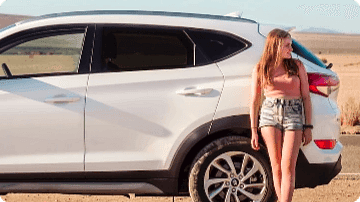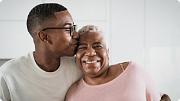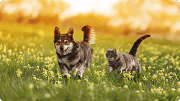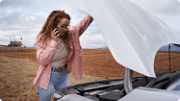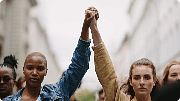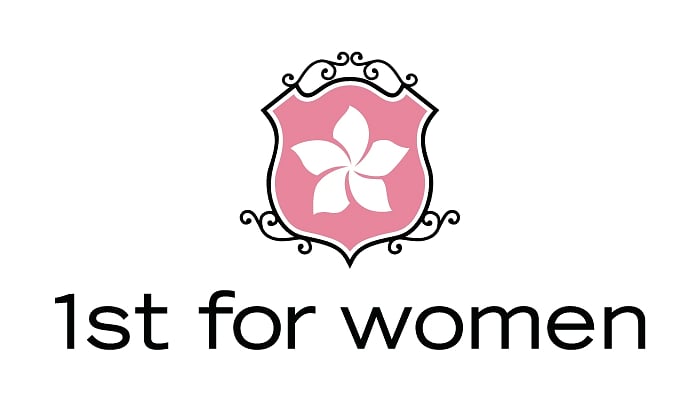
Human trafficking: Darkness and Hope
Human trafficking: Darkness and Hope
August 27, 2015By First For Women
In October 2011, on a day just like today, a 16-year old Johannesburg teenager was abducted, drugged and taken to a township in Cape Town. Her kidnappers raped her and told her that she would be forced to work as a prostitute. One of the lucky few, this brave young girl managed to escape her captors after two months and is now reunited with her family. She was a victim of human trafficking.
Wikipedia defines human trafficking as the ‘trade in humans, most commonly for the purpose of sexual slavery, forced labour or for the extraction of organs or tissues.’ As you read this article there are more than 2.5 million victims of human trafficking worldwide. Countless men, women and children living lives of misery and suffering that few of us can even begin to imagine.
According to a 2012 report published by the United Nations Office on Drugs and Crime, 55-60% of all trafficking victims globally are women and 75% women and girls together. Sexual exploitation accounts for 58% of all trafficking cases and forced labour 36%.
What happened to that Johannesburg teenager in 2011 is happening right now to a young girl somewhere in the world and in your own country. It is time to sit up and take action. The 1st for Women Trust is therefore pleased to note that President Jacob Zuma signed the Prevention and Combating of Trafficking in Persons Bill last week, giving hope to the countless victims of human trafficking in South Africa.
According to The Presidency the signing of the bill gives South Africa a single statute with which to address human trafficking. ‘The new legislation also creates offences such as debt bondage, possession, destruction and tampering with travel documents and using the services of victims of trafficking, among others, all of which facilitate innocent persons becoming victims of this modern day form of slavery,’ it said in a statement.
Penalties for human trafficking offences are severe. The maximum penalty for trafficking in persons is R100 million or life imprisonment or both in the case of a conviction. Traffickers will also be forced to pay compensation to their victims.
The 1st for Women Trust aims to assist and empower the women of South Africa and applauds the enactment of the Prevention and Combating of Trafficking in Persons Bill.
Signs that a person might be a victim of trafficking
- Signs of physical abuse
- Always accompanied by another person and hesitant to speak to anyone else
- Has no control over personal finances
- Is unable to clarify where he/she lives
- Is always under surveillance in public, at the doctor, hospital, etc.
- Has no personal identification
- Lives where he/she works
- Has severed ties with family and friends
- Has a boyfriend 10+ years older (particularly minors)
- Suffers from excessive anxiety or depression
List courtesy of Purposefully Scarred. Visit their website for a complete list of warning signs.
Sources:
Eyewitness News
News24
United Nations Office on Drugs and Crime
South African Government



